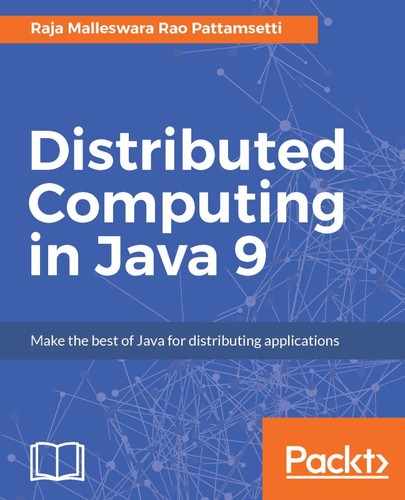Sometimes, the processing requirements of organizational applications may be more than what a regular computer configuration may offer. This can be addressed to an extent by increasing the processor capacity and other resource allocation. While this can improve the performance for a while, it restricts any future computational requirements, such as adding more powerful computational processors; it also involves an extra cost for producing such powerful systems. Also, there is a need to produce efficient algorithms and practices to produce the best results. A practical and economic substitute for these single high-power computers lies in establishing multiple low-power capacity processors that can work collectively and organize their processing capabilities. This means we'll set up parallel computers that would permit processing activities to be distributed among multiple low-capacity computers and obtain the best results. This would result in a powerful system.
In this chapter, we will cover the following topics:
- Era of computing
- Commanding parallel system architectures
- Massively Parallel Processors (MPP)
- Symmetric Multiprocessors (SMP)
- Cache Coherent Nonuniform Memory Access (CC-NUMA)
- Distributed systems
- Clusters
- Network of workstations
- Cluster computing architecture
- Cluster system software and tools
- High-Performance Computing Cluster (HPCC)
- Java support for high-performance computing
- Java support for parallel programming models
- Multithreading
- The Spliterator interface
- Java 9 updates for processing an API
